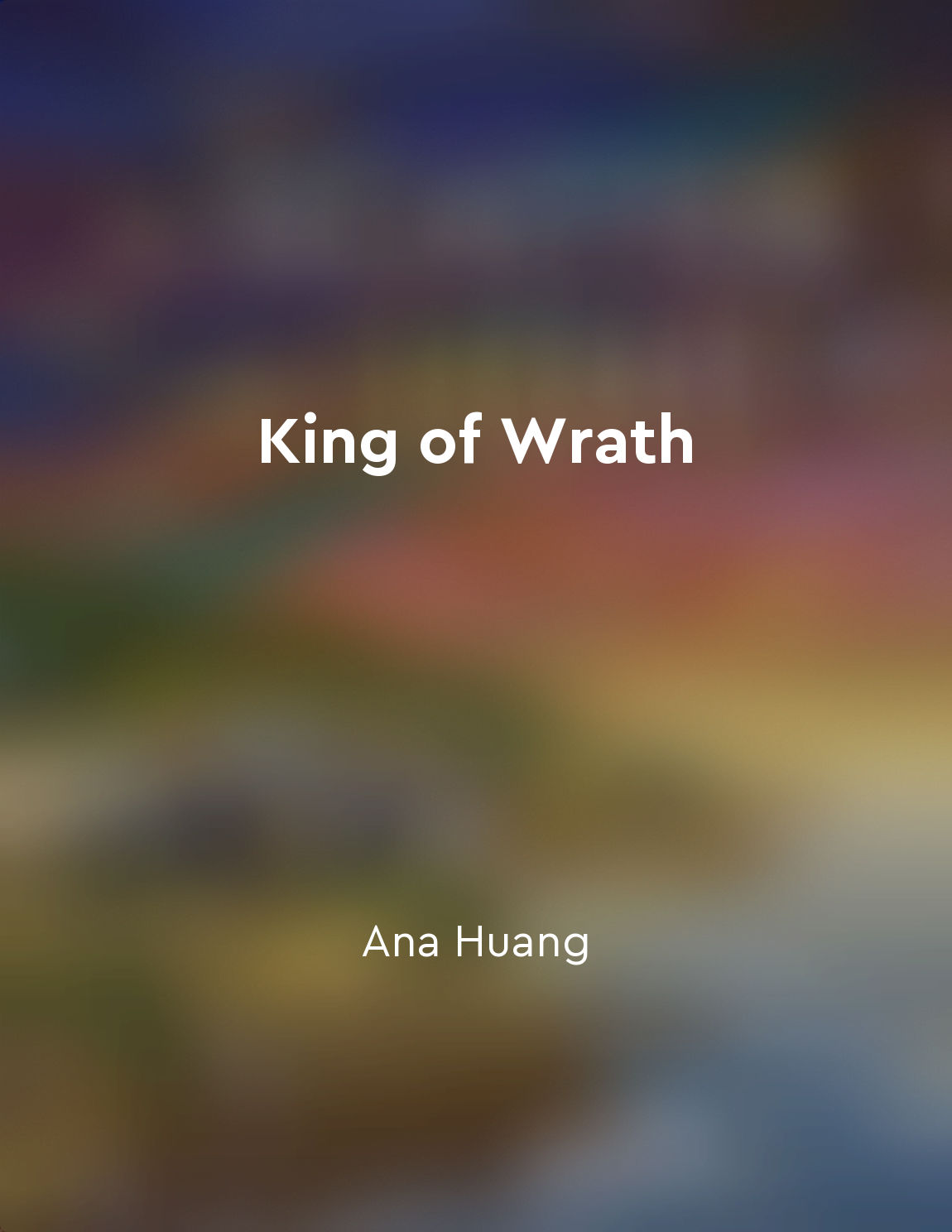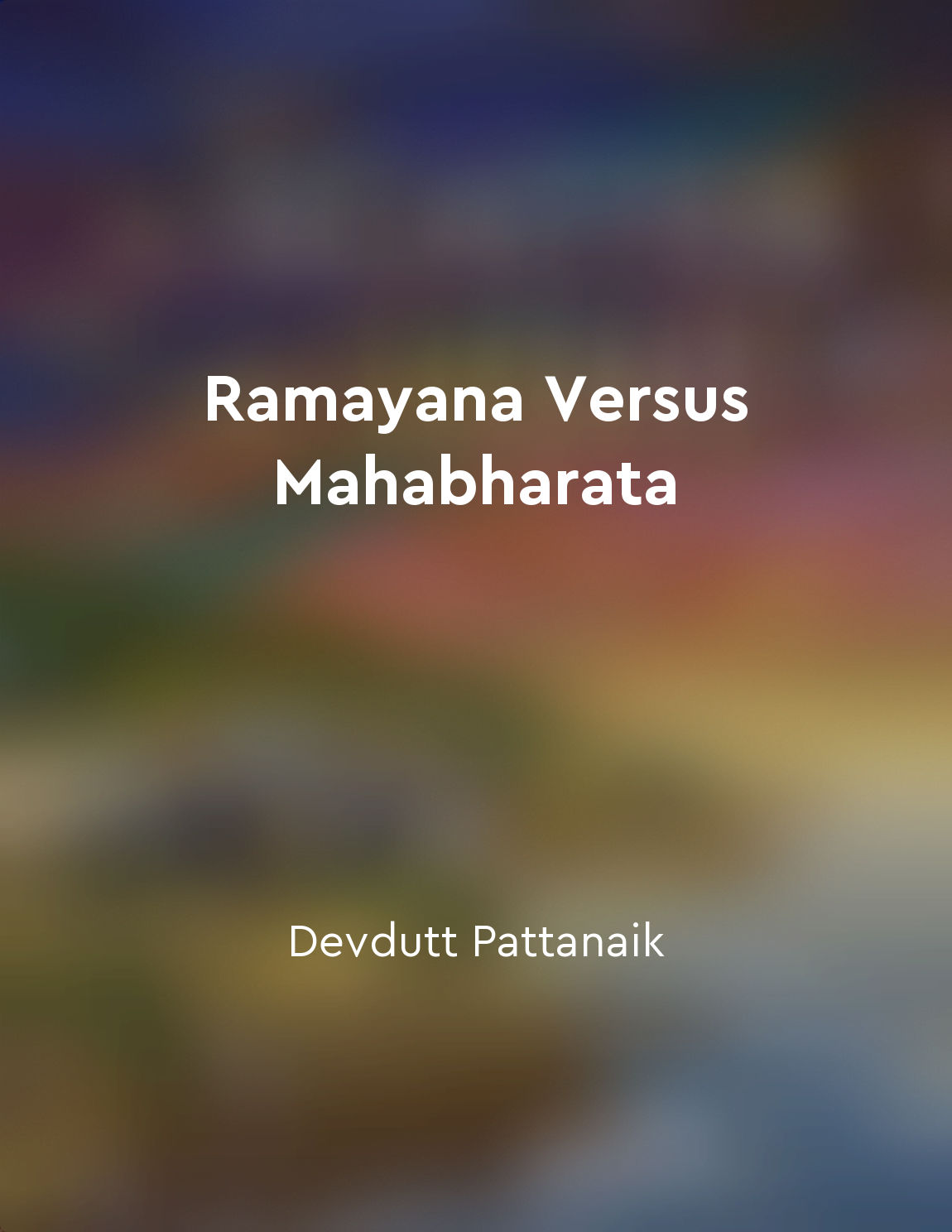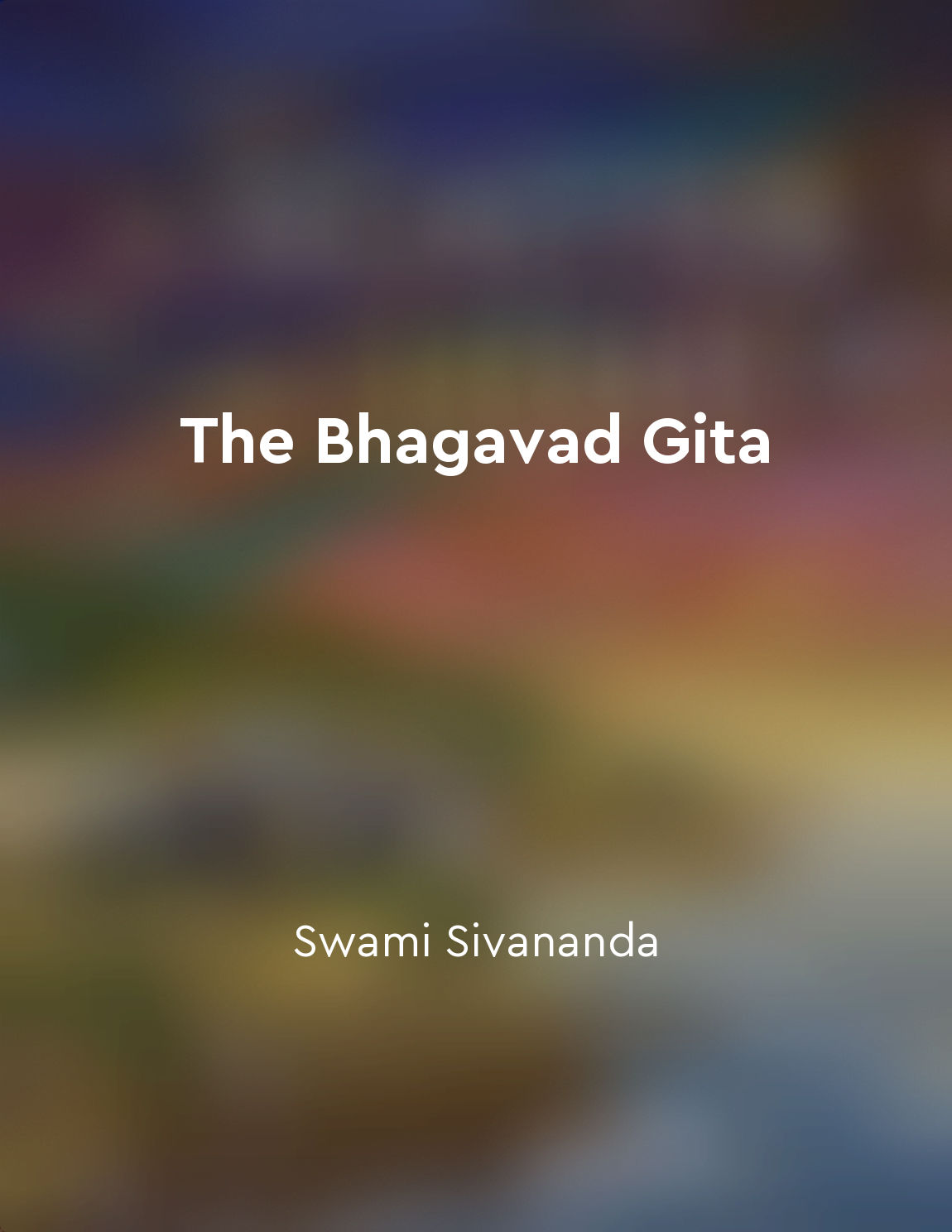Arjuna's inner conflict from "summary" of Bhagvat Gita, Song of God by Dr. Roopnarine Singh MD FRCPC
Arjuna is faced with a profound inner conflict as he stands on the battlefield of Kurukshetra. This conflict stems from his duty as a warrior to fight in the war, and his moral and ethical concerns about the consequences of engaging in battle. Arjuna is torn between his sense of duty and his compassion for his kinsmen who are on the opposing side. Arjuna's inner turmoil is further exacerbated by his attachment to his family and friends who are also his enemies on the battlefield. He is filled with sorrow at the thought of killing those he loves, and this emotional struggle clouds his judgment and leaves him feeling paralyzed and unable to act. As Arjuna grapples with his inner conflict, he turns to Lord Krishna for guidance. Krishna, who serves as Arjuna's charioteer, offers him wisdom and counsel to help him navigate through his moral dilemma. Krishna imparts to Arjuna the teachings of dharma, or righteousness, and explains the nature of the self, the universe, and the ultimate reality. Through their dialogue, Krishna helps Arjuna see beyond his immediate emotions and attachments, and understand the bigger picture of life and existence. He teaches Arjuna the importance of fulfilling one's duty without attachment to the results, and the need to act selflessly and with a sense of detachment. Arjuna's inner conflict represents a universal struggle that many individuals face – the battle between duty and personal desires, between what is right and what is easy. Through his journey on the battlefield of Kurukshetra, Arjuna learns to transcend his inner turmoil and find clarity and purpose in fulfilling his role as a warrior.Similar Posts
भगवान केवल शुद्ध कर्म करने की ही मांग करते हैं।
भगवान केवल शुद्ध कर्म करने की ही मांग करते हैं। भगवान को भले ही हर किसी का समर्थन हो, लेकिन उन्हें शुद्ध कर्म करने की मांग है। ...
Detachment aur attachment ka samna karein
Detachment aur attachment ka samna karein: ye ek mahatvapurna tathya hai jo hamare jeevan mein prabhav dalta hai. Bhagwat Geeta...

The King of Wrath's reign comes to an end
The King of Wrath, a powerful and fearsome ruler, has held sway over his kingdom for decades, ruling with an iron fist and inst...

The battle between good and evil rages on
In the world of 'King of Wrath', there is a constant struggle between opposing forces. The battle between good and evil is not ...

Ramayana's Yuddha Kanda is battle, Mahabharata's Bhagavad Gita is philosophical discussion
In Ramayana's Yuddha Kanda, the story reaches its climax with a great battle between Rama and Ravana, highlighting the epic's f...
The significance of selfless service
Selfless service, or "karma yoga" as it is known in the Bhagavad Gita, holds a profound significance in the realm of spiritual ...
Introduction to Mahabharata, an epic saga
Mahabharata, an epic saga, is a timeless tale that has been passed down through generations. It is a story of love, betrayal, w...
The fall of Bhishma Pitamah
The great warrior Bhishma Pitamah, known for his vow of lifelong celibacy and his unwavering commitment to the throne of Hastin...

The importance of selfless action
The concept of selfless action is a central theme in the Bhagavad Gita. It emphasizes the importance of performing actions with...

Embracing destiny with grace
Destiny is a force that none of us can escape. It is the path that is laid out for us, the journey that we must undertake. We c...
